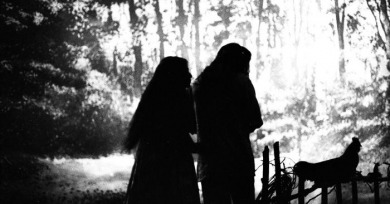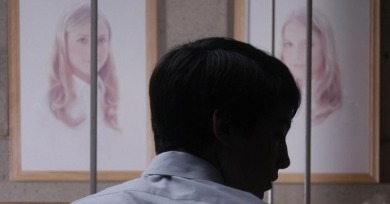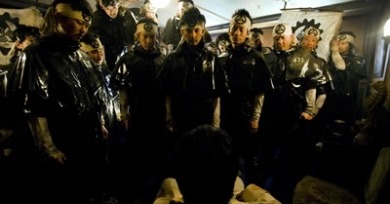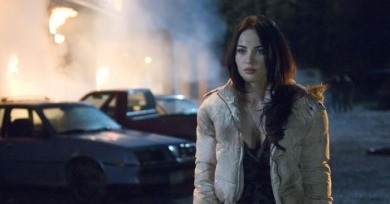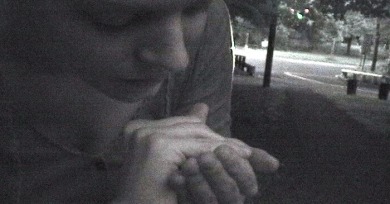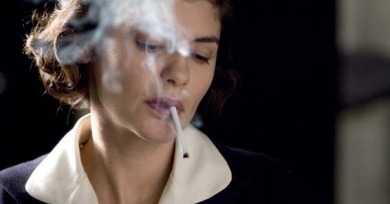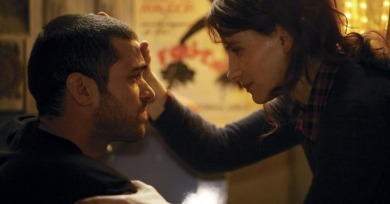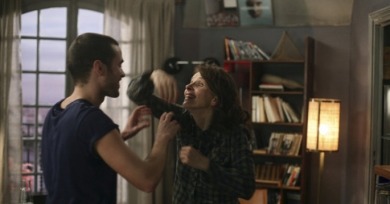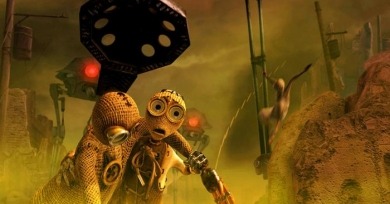Reviews
No one likes a big, meaty ferbissenah punim more than Joel and Ethan Coen.
Min Ye… (Tell Me Who You Are) is the Malian director's first feature in over a decade, and it comes to us, as do many films from contemporary Africa, partly due to European funding and technical support.
The film opens on a small marketplace in the Philippines before the turn of the 20th century. It’s shot in a very specific quality of luminescent black-and-white that reminds of certain 1920s and 30s Hollywood cinema—gauzy, diffuse, a little dreamy.
For his part, Wajda sits back and doesn’t disrupt focus or tone by moving the camera closer to his actress for easy emotional effect.
Afterschool plays like a film student’s demo reel of the various ways to signify “alienation”—shallow depth of field, over-lit sterile interiors, ambient sounds of fluorescent light hums, expressionless actors, methodical tracking shots frequently overrunning or catching up to their human subjects.
From a critical perspective, the reasons why a contemporary film director would adapt a nationally famous piece of proletarian literature from the twenties are less important than how he chooses to bring it to the screen.
The joke of Diablo Cody’s screenplay is that Fox’s anodyne Jennifer Check—a high school goddess who overcomes the obstacles of an ID-checking bartender by volunteering a game of “hello titty”—finds her inner ugliness externalized after being possessed by a demon.
Repeated viewings of Paradise reveal a transfixing and richly patterned patchwork, but on the first try it feels like alien territory, and it can be difficult to find one’s way in.
Following in the footsteps of the unfortunate Jane Austen biopic Becoming Jane, Anne Fontaine’s glossy period piece Coco Before Chanel focuses exclusively on the youthful romances of a fascinating, independent woman in the years before her professional success.
For a film that tries so mightily to appear intoxicated by art’s capacity for beholding and creating beauty, Bright Star just isn’t inquisitive enough about how such beauty takes shape in the gap between reader and writer.
The films of Cedric Klapisch are easy to dismiss. They seem a bit too slick of surface and shallow of meaning. They’re comfortably tucked between entertainment and art, between slumming intelligence and vainglorious style.
In Paris, Duris is once again a cog in the Klapisch machine, but this time the attention is more evenly spread out across the cast members, and he’s now dealing with older characters.
This being a film by Claire Denis, perhaps contemporary cinema’s most confidently abstract artisan, this is all told as though a rush of feelings and glimpsed moments rather than through sharply defined events and turning points.
For most of the past decade, as the death knell has sounded repeatedly for American studio-produced hand-drawn animation, a new set of clichés have come into being for—mostly computer-animated—family movies.


